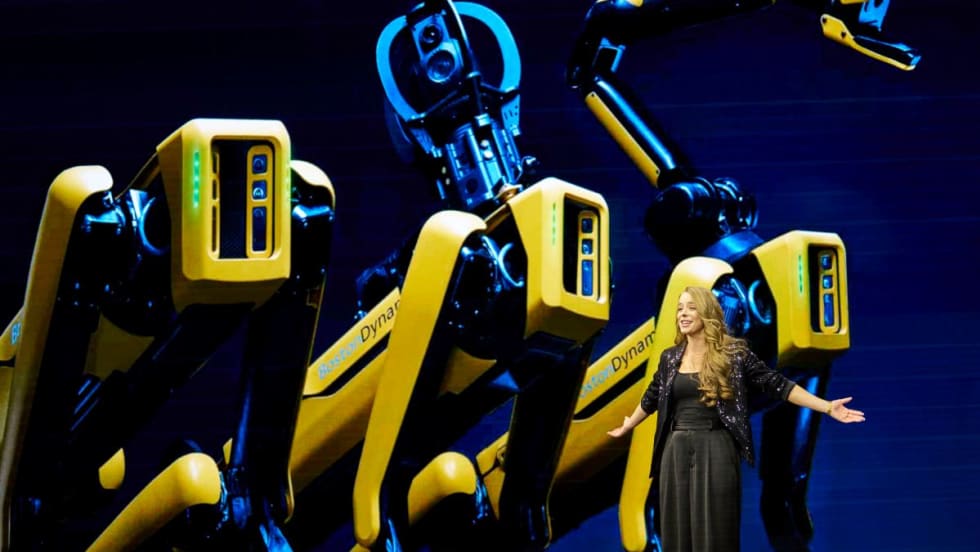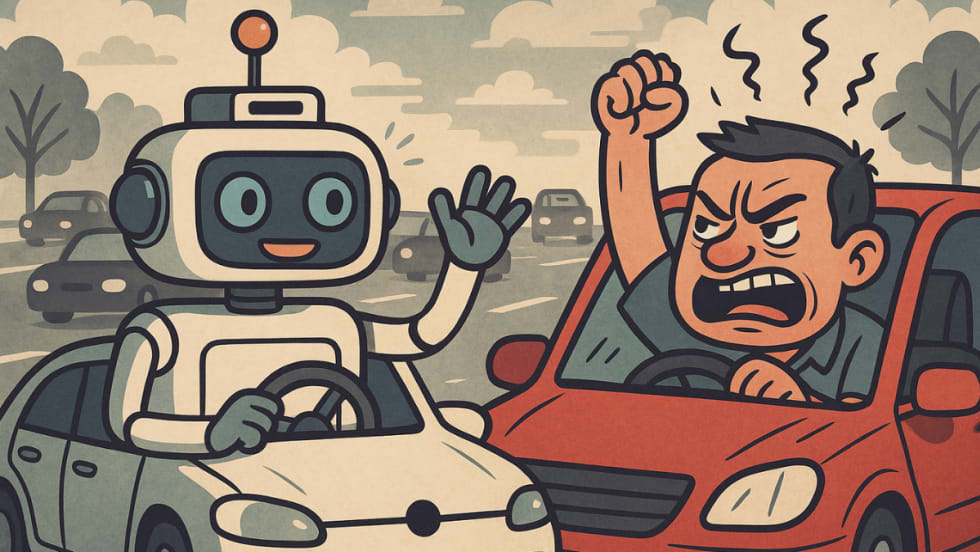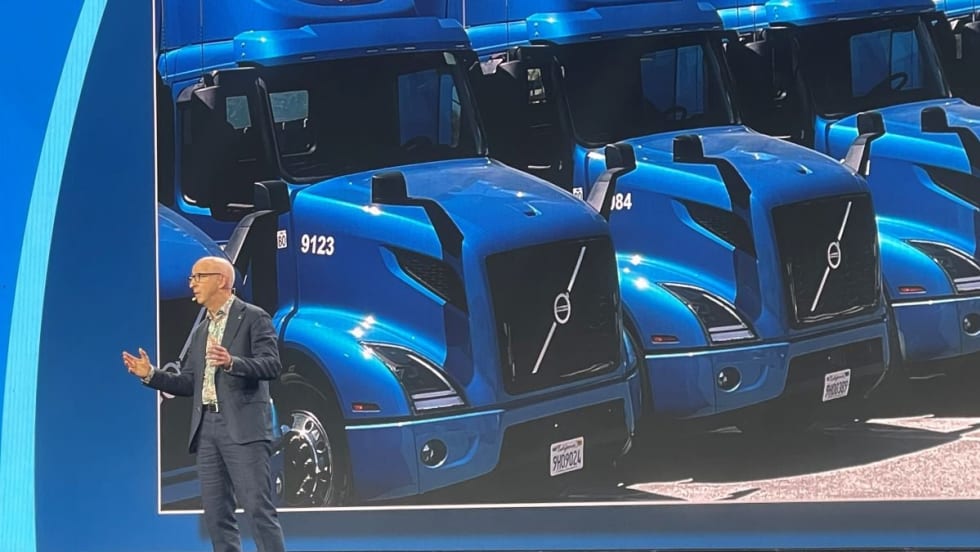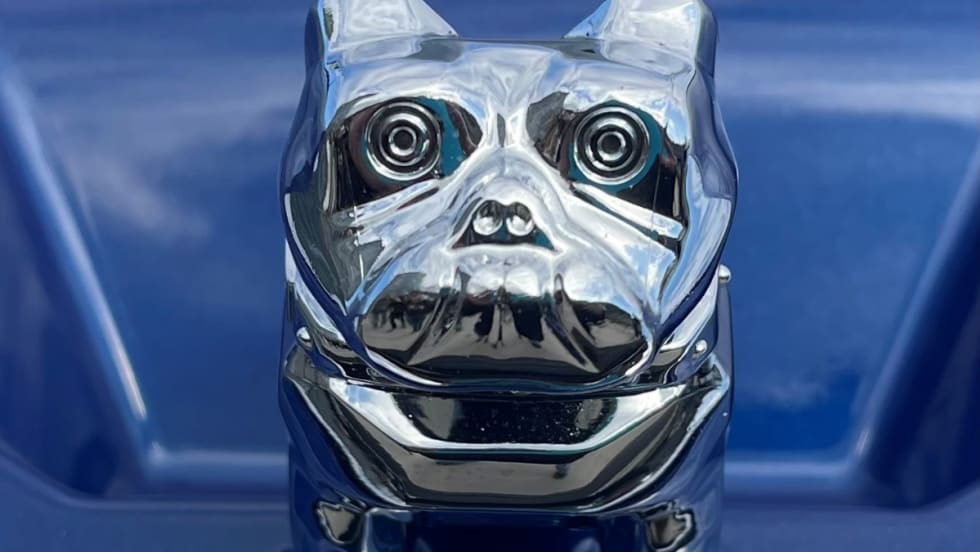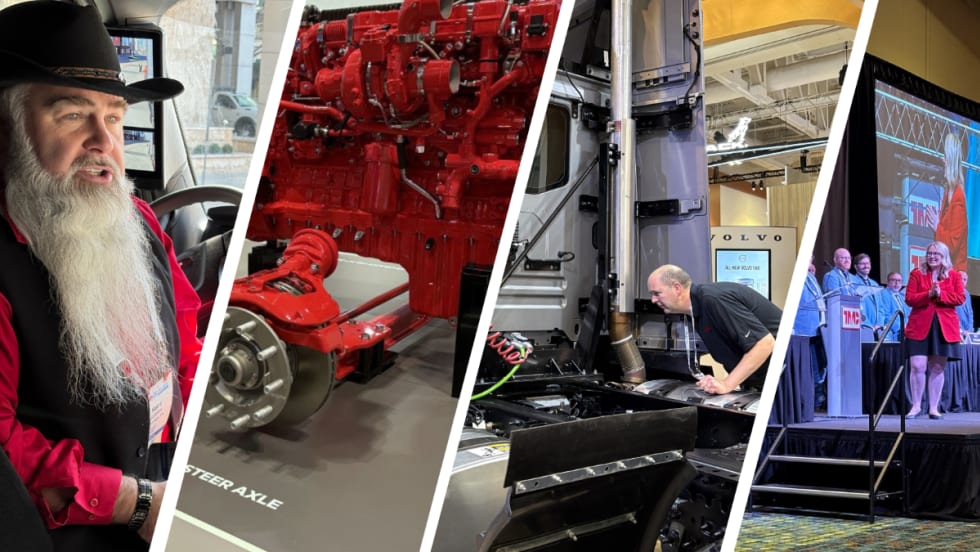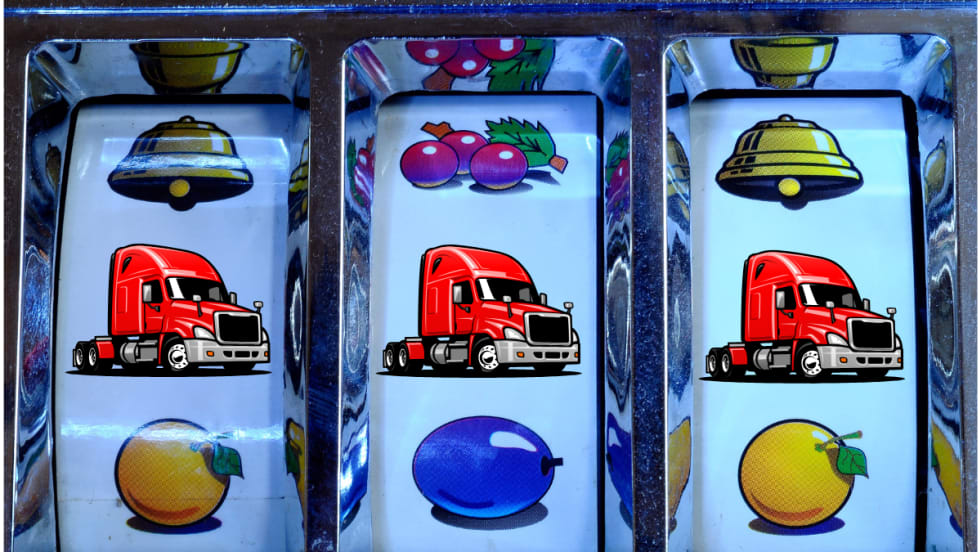Last month in my Truck Tech blog, thanks to Craig Scott, I was able to explain how artificial intelligence will transform fleet maintenance operations. In reality, it’s a technology that will likely transform every single aspect of fleet operations imaginable.
Scott is the founder of MFGx, a manufacturing software and software solutions integration company that uses Fuuz, its cloud platform, to help truck fleets and other customers manage telematics in data in maintenance, logistics, inventory, warehousing, and distribution. He’s also an expert in the digital transformation that is rushing headlong at the trucking industry.
Once you understand the power of AI, it's easy to imagine its power in all sorts of applications. And the first one that jumped out to me was autonomous vehicle technology.
I’ve sat behind the wheel of several autonomous trucks as they cruise down the highway since I first laid eyes on the Freightliner Inspiration Truck back in 2015. The experience is always amazing. Regardless of which OEM or tech developer’s system I’m operating, I’ve never failed to be impressed at how well autonomous technology works. Moreover, I’ve never once felt the slightest bit unsafe when operating a truck in autonomous driving mode.
And yet, it’s been almost a decade and autonomous trucks are still a rarity. Outside of a press visit, I have yet to see one “in the wild.”
Dealing with Unpredictable Humans
The reason for that is because as incredible as autonomous control systems are, they have a hard time functioning on a dynamic roadway with human drivers all around them. That’s because humans do all kinds of crazy stuff all of the time.
I’m not telling you anything you don’t know. You inherently understand human behavior in ways that are beyond the capabilities of most autonomous control systems. Just by watching a car or truck’s movements going down the road, you can make a reasonable assumption about whether the driver is intoxicated, about to change lanes, or going to run a yellow light.
Currently, the autonomous computing systems that interpret the streams of telemetry coming in from cameras and sensors placed around a car or a truck can react to those actions once the other driver makes some sort of forceful steering, braking or acceleration adjustment. But they are largely unable to predict that those actions are likely going to happen.
AI changes that. Radically. When it gets added to autonomous control systems, it’s an advance that will take an already amazing technology to the next level. AI will enable autonomous cars and trucks to “read” human behavior in a way that is not possible at the moment.
For starters, it will be a safety enabler. AI will allow autonomous vehicles to interact more naturally with human drivers. It will be able to “learn” from encounters with human drivers and, eventually, pick up on those little cues that we all instantly spot when driving. With that information, AI-powered autonomous systems will be able to proactively deal with traffic situations instead of always reacting to circumstances.
Calculating Input Beyond Human Senses
From an efficiency standpoint, AI will also be able to learn routes. It will factor in weather conditions, geography and time of day. It will even be capable of interpreting inputs that are beyond human capabilities, such as barometric pressure and humidity. Using all of that input, and the lessons the system “learns” operating in them over time, fine-tune autonomous "drivers" to be as safe, fuel-efficient and timely as possible.
Several autonomous developers, such as Plus, Torc, and Waabi, are already using early versions of AI as a major component of their vehicle control systems. And the capabilities and advantages AI is already delivering on that front will only increase as the technology matures and becomes more potent.
The power and possibilities AI holds for autonomous vehicles are incredible to contemplate. That's why I believe they will be the difference-maker that help speed up the acceptance and deployment of autonomous trucks in the near future.






